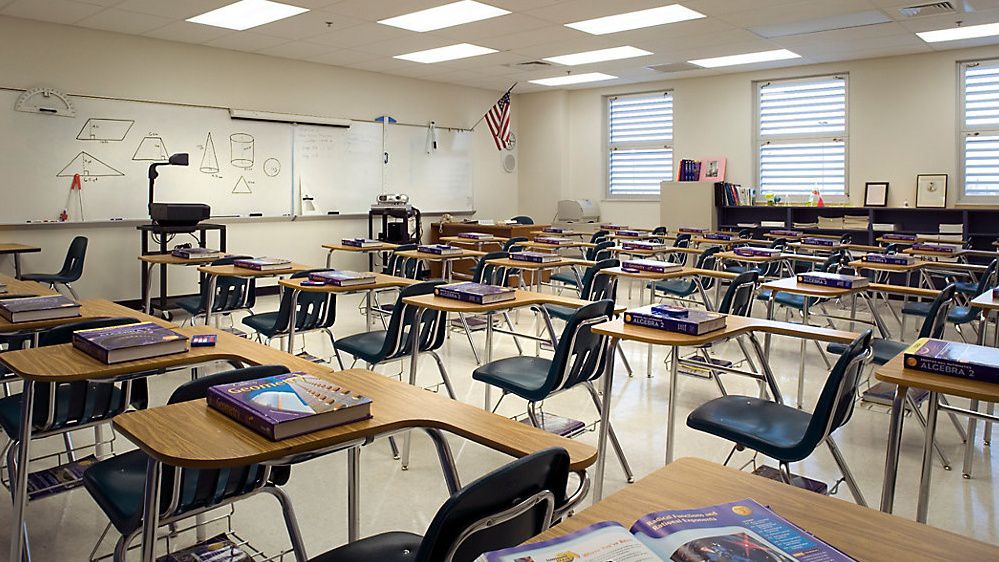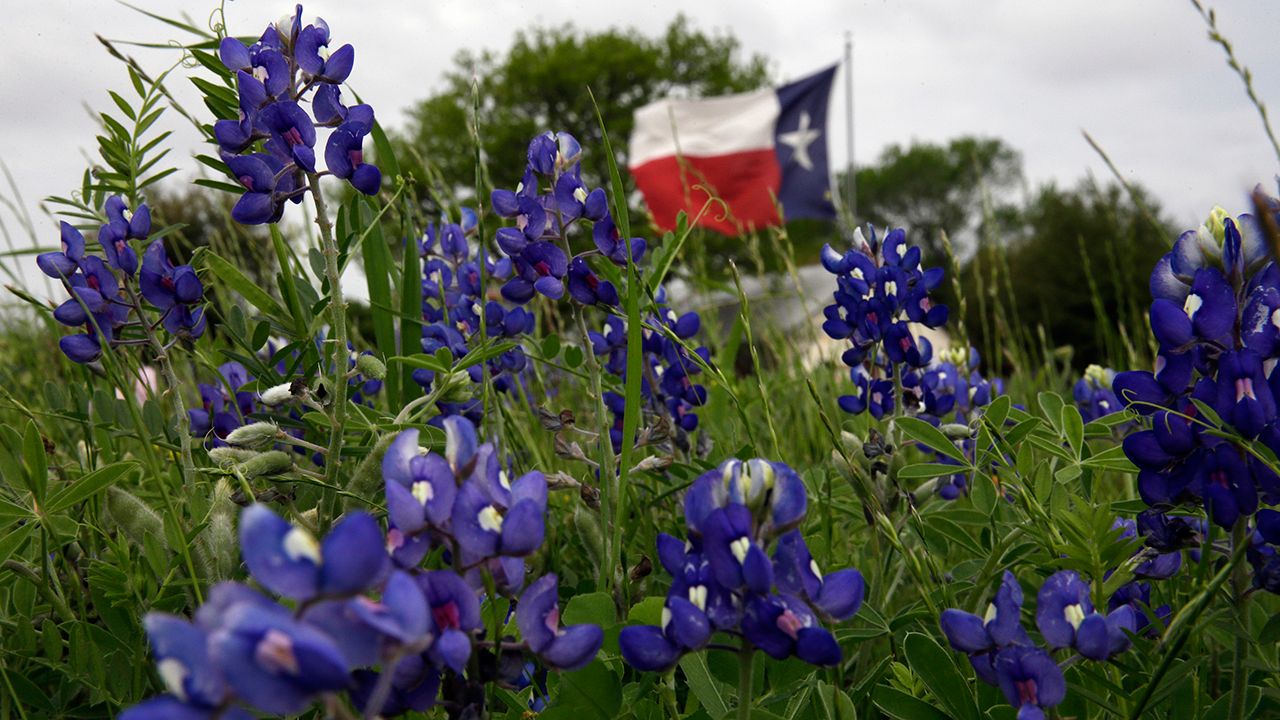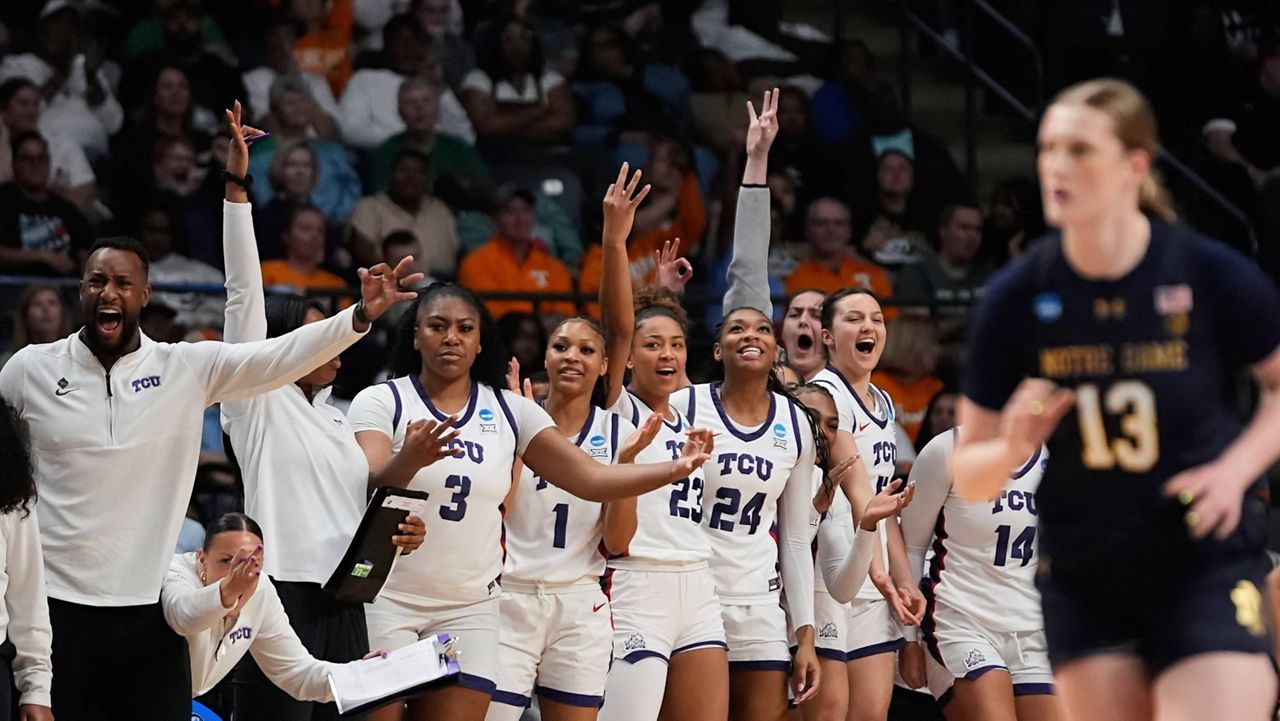DALLAS — Early voting in Texas begins on Oct. 24 and organizations are doing their part to inform communities about the candidates. Democracy is Indigenous DFW gathered in a traditional way with American Indian leaders and invited gubernatorial candidates.
“It is the Caddo way, that if this was a thousand years ago, and you came to Caddo country, you would be surrounded by Caddo men and you would be brought to our leaders, you would sit down and have a meal with the leaders,” said Diana Parton.
“The female leaders and the male leaders would decide if you are taysha. If you are taysha you are friend then everybody in Caddo nation would know you are taysha and you would be treated as friends," Parton continued.
For centuries, the Native American vote has been overlooked. The issues raised — including land use, sacred sites and equity — have not been addressed. Texas has the second largest population of American Indians and Alaska Natives in an urban area with over 700,000 people, yet representation is seldom.
“It is important that we understand that the power of the voice at the table belongs by and large to those who are voted in,” said Rev. J.B. Jackson, of Democracy is Indigenous DFW.
There are 574 federally recognized tribes and state-recognized tribes are not federally recognized.
Southern Methodist University professor Matthew Wilson explains that Native Americans have not been a large enough voting block to get the attention from candidates, but with the 2022 election, every vote can make a difference.
“Democrats are trying to make inroads trying to capture a statewide elected office for the first time in two decades,” Wilson said, “if they’re going to do that, they’re going to need every possible vote that they can get out. And Native Americans — even though they’re a relatively small share of the Texas electorate — could be part of that democratic coalition.”
According to the Spectrum News/Siena College poll, incumbent Gov. Greg Abbott leads with 50% to O’Rourke’s 43% among likely voters.
O’Rourke accepted the invitation to meet with American Indian leaders.
Many spoke and asked O'Rourke about the repatriation of indigenous remains held by the University of Texas in Austin, the Indian Child Welfare Act and the federal and state recognition of tribes.
Peggy Larney is the founder of American Indian Heritage Day in Texas and voiced her discontent to O’Rourke as he was not familiar with some of the issues and concerns of the community.
“People need to know to understand more about the existence of American Indians, especially in Texas, especially in urban towns like Dallas,” Larney said.
O’Rourke said he was committed to learning and working alongside leaders.
But Rev. Jackson emphasized that the meeting was historical.
“It is historic, it’s important, whereas it’s galvanizing the community to ensure that they know that we are serious about how important it is to be educated in the voting process,” Rev. Jackson told Spectrum News.
The reverend added that his goal is to ensure his congregation at Dallas Indian Mission United Methodist Church is 100% registered to vote.









_(1))

